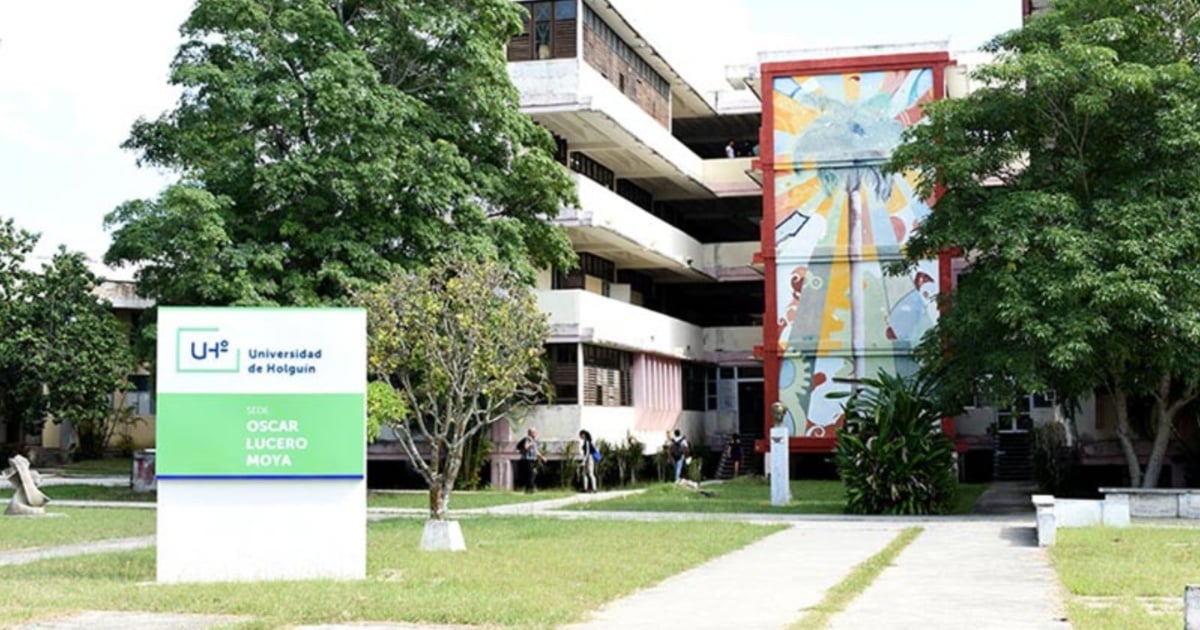In a significant move, Law professors from the University of Holguín have voiced their dissatisfaction with the recent rate hikes by the Cuban Telecommunications Company (ETECSA), aligning themselves with student protests against this Cuban communications monopoly.
The statement, shared on Facebook by professors José Augusto Ochoa del Río and Juan José Vera Laguna, is backed by faculty members specializing in General Theory of Law and Philosophy of Law at the University of Holguín. It condemns the rate increases imposed by ETECSA and criticizes the responses given by company leaders to the concerns of university students.
Professors Demand Transparency and Respect
The document calls for the immediate suspension of the new measures enacted by ETECSA, emphasizing that the decision was not solely made by the company. It further advocates for a "transparent" consultation process with the public, urging respectful, inclusive, and non-derogatory treatment of student demands.
Administrative Leaders' Stance
While the administrative leaders, including the Head of the Law Department and the Dean of the Faculty of Social Sciences, have supported the students in their claims, they did not sign this declaration. However, the Constitutional Law professor has expressed solidarity with the students.
In light of the situation caused by the irresponsible, neoliberal rate increases by ETECSA, which were sanctioned by the government, the professors issued a declaration. This action follows various protests by student groups, some with the support of the university's student federation, and includes participation from their own students from Holguín.
Key Points from the Professors' Statement
The professors express strong opposition to the measures undertaken by the sole telecommunications company in Cuba, which they argue violates the terms of the adhesion contract it created. They criticize the new internet service rates as abusive and discriminatory, affecting significant segments of the population. The decision was made without prior consultation and communicated in an inefficient and disrespectful manner. In the digital age and ongoing informatization of society, limiting access to information is seen as regressive rather than progressive.
The measures reflect economic-driven policies that have influenced government decisions in recent years, prioritizing the need for foreign currency over the quality of life of the population. The professors point out that this is not the first service to be dollarized in Cuba, a practice they deem unacceptable as most workers do not receive payment in foreign currency.
The response to student demands has been vague and technical, potentially widening inequality in the country. The professors also express concern over the political treatment of student protests. Although their faculty has not faced retaliations, they acknowledge that other institutions have not been as fortunate, fearing that repressive actions could become a norm against public grievances.
The professors commend the students for their peaceful and lawful expression of dissatisfaction, emphasizing that they deserve respect and consideration for exercising their constitutional rights. They reject attempts to delegitimize student claims as misguided or influenced by external agents, calling for the suspension of ETECSA's measures and transparent public consultation.
In conclusion, the professors highlight the civic and political courage demonstrated by the students, who, despite risking the most, are supported by their teachers in their pursuit of freedom, equality, and prosperity as outlined in Cuba's Constitution, although challenging to achieve under current socio-economic conditions.
Frequently Asked Questions about ETECSA Protests
What actions have the University of Holguín professors taken against ETECSA?
The professors have publicly rejected the new ETECSA tariffs and supported student protests, calling for the suspension of the measures and a transparent consultation process with the public.
Why do the professors oppose ETECSA's rate increases?
They consider the new rates abusive and discriminatory, implemented without proper consultation, and reflective of economic policies prioritizing foreign currency over citizens' well-being.
How have the students at the University of Holguín responded to the rate hikes?
The students have engaged in peaceful and lawful protests to express their dissatisfaction with the rate increases, receiving support from their professors.
